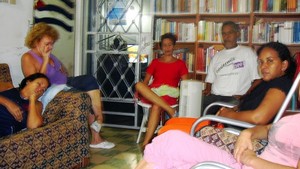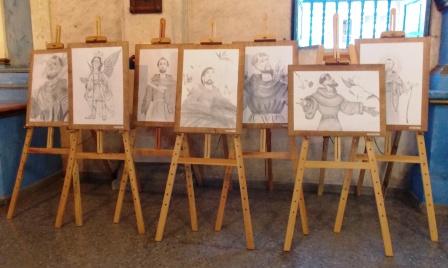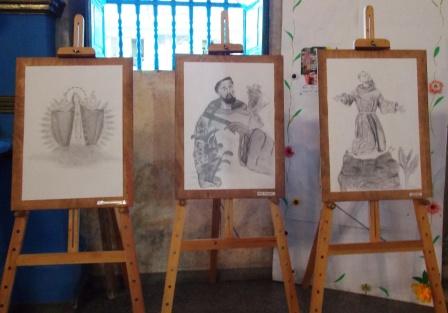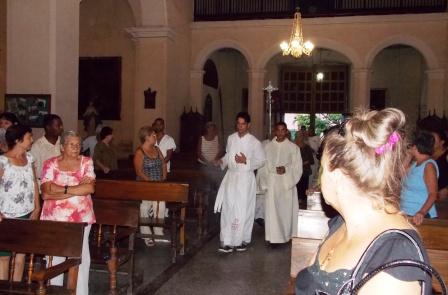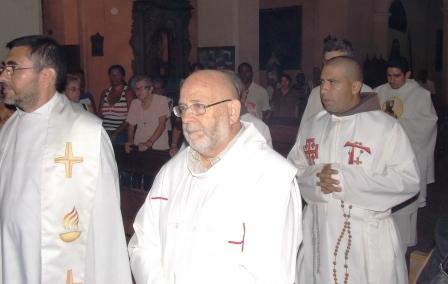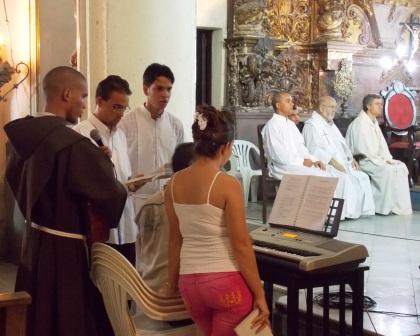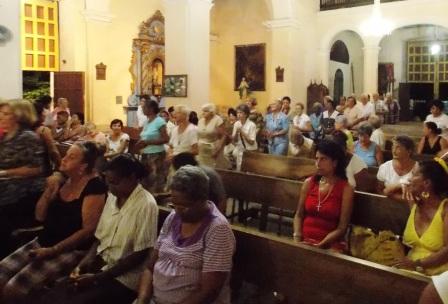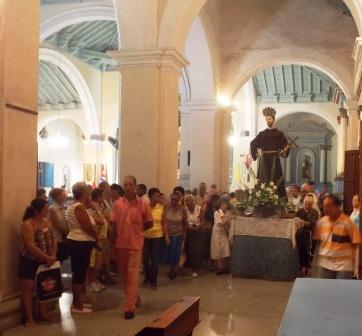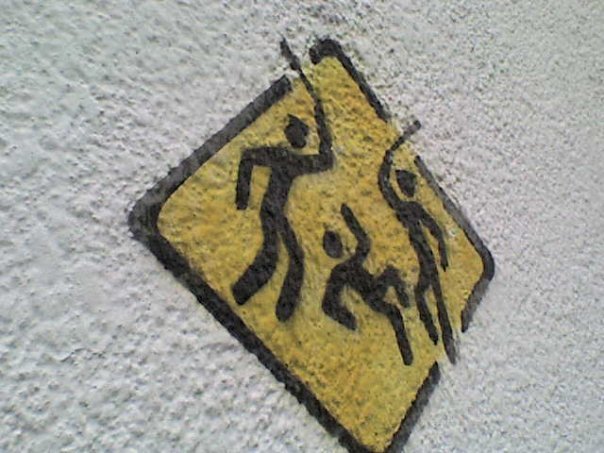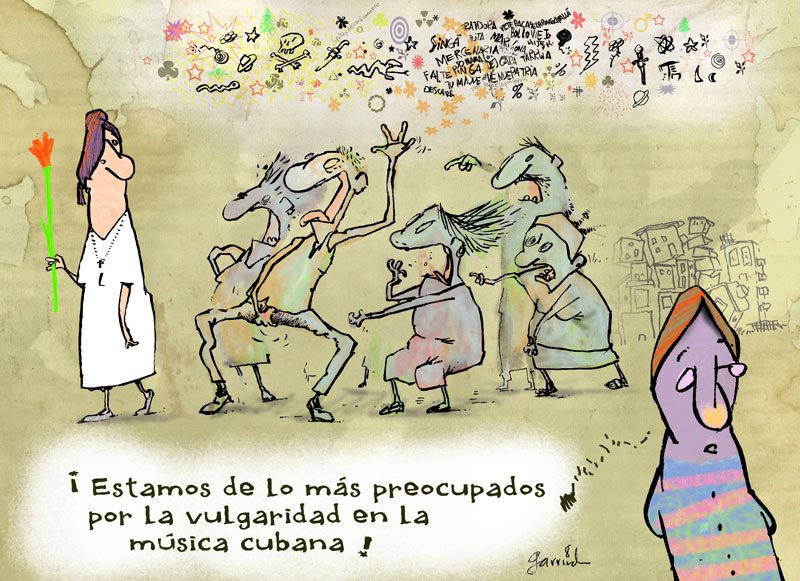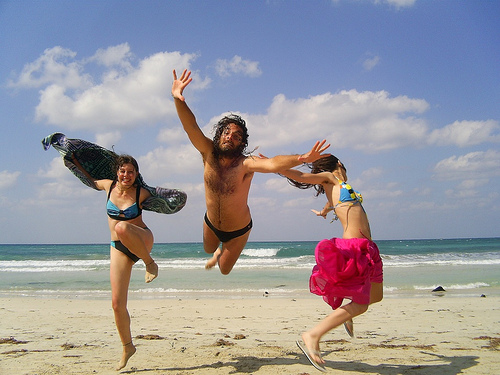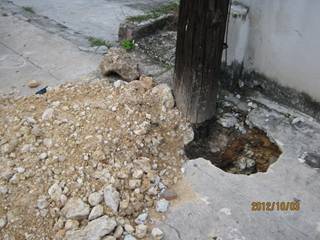A paper presented at an event sponsored by the Christian Workers Movement, which took place on Saturday, September 13 in Havana, entitled ” The Role of Christian Workers in Today’s Globalized World.”
Alongside the effects from globalization, Cuba is immersed in a profound structural crisis, a crisis of character. This is evidenced by economic inefficiency, loss of hope, apathy, widespread corruption and a massive exodus. Among the causes is the attempt to subordinate individual and group interests to those of the state.
After the transfer of power, carried out between the years 2006 and 2008, the Cuban government decided to introduce some limited reforms to the economy with the goal of perfecting a system that has been shown to be unfeasible–a contradiction that meant these efforts were doomed from the start.
The package of measures introduced can be characterized as the most basic plan of reform, the key elements of which can be summarized as follows:
1) Create a strong and efficient agricultural sector capable of feeding the population and replacing imports,
2) make people feel it is necessary to work in order to live,
3) firmly reject illegalities and other forms of corruption,
4) reduce the number of workers on the state payroll, whose redundancies exceed one million positions, and
5) encourage self-employment.
Among these the most important was Decree no. 259, which covers the use of idle land. It is an important but inadequate measure because, while itacknowledges that food production is a national security concern andrecognizes the inability of the state to produce it, it maintains the state’s role as property owner and reduces private producers to tenants.
Regardless of this, the importance of these measures lies in the fact that, given the national and international contexts, they make it impossible to return the inflexibility of the past.
At the Sixth Party Congress and the First National Conference of the Cuban communist party, held in April of 2011 and January of 2012 respectively, the outlines of a basic reform plan were passed by consent and codified in the Guidelines for Economic and Social Policy, but were subordinated to the failed system of socialist planning and state enterprise.
As a result agricultural production fell 4.2% in 2010. GDP in 2011 grew less than expected. Food imports rose from 1.5 billion in 2010 to 1.7 billion in 2011. Retail sales fell 19.4% in 2010 while prices rose 19.8%. On the other hand the median monthly salary rose only 2.2%.
The 2011-2012 sugar harvest, officially slated to produce 1.45 million tons, had the same disappointing results as in the past. In spite of being able to count on sufficient raw material, as well as 98% of the resources allocated to this effort, it neither met its target nor was finished on time.
The goal of getting people to feel they must work in order to live — an issue widely linked to illegality and other forms of corruption — was not achieved. Instead, criminal activity grew, as demonstrated by the number of legal proceedings that have either taken place or are ongoing.
In regards to reducing the number of workers on the state payroll, limitations placed on self-employment have hindered this goal. Of the 370,000 self-employed workers, more than 300,000 are persons who were either unemployed or retired. The program of self-employment has absorbed less than 20% of state workers, which means that the expectation that this solution would counteract layoffs from state jobs has not been met.
The Causes
To come out of a deep structural crisis like Cuba’s, transformations must be structural. Small changes to the economy must be extended to include the co-existence of various forms of property, including private property, as well as the formation of small and medium-sized businesses and the rights and freedoms stipulated in the Universal Declaration of Human Rights, the Covenant on Civil and political Rights and theCovenant onEconomic, Social and Cultural Rights.
Regardless of the difficulties facing Cuba’s leaders, the decisive factor has been the unfeasiblity of the current model. Even if the government had been working under the best national and international conditions for implementing the reforms, they would have still failed due to the lack of freedom– a prerequisite for modernity– and a high degree of political will, which make any attempt at change pointless. Experience has shown that the capability of any individual or government entity – no matter how high – are inadequate in addressing the crisis in the context of globalization. This is the reality as well as the challenge facing Cubans, including the militants from the Movement of Christian Workers whose mission is to make Jesus of Nazareth present in work and social environments.
Jesus conceived the Kingdom of God as a place of dignity for human beings and liberation for all the enslaved. When he returned to Galilee, he began proclaiming the good news of the Lord – the moment has arrived; the kingdom of God is at hand. Changed your ways of thinking and living; believe in the good news. By his example, Jesus calls on us to change our way of thinking and living as the foundation for the Kingdom of God, a spiritual labor that begins here and now.
Two figures from our past come to mind. The first is Fr. Felix Varela, who, upon joining the struggle for autonomy and later for independence, understood the need for civic education as a means to achieve these objectives and, therefore, chose education as the path towards liberation. José de la Luz y Caballero was similarly aware of the efforts of some Cubans to gain independence from Spain and came to the conclusion that, before revolution and independence came education. But in order to educate, he said, one had to be a true evangelist.
The labor situation in Cuba today is extremely complex and peculiar. At the same time that we have guaranteed certain health services and free education, wages, the principal means of social redistribution, prevent the satisfaction of basic material needs and undermine the spirituality of the world of work and of society in general. This situation has generated an ethical deterioration in society, whose first manifestation is that criminal acts have emerged as important means of livelihood. In that sense, it is an obligation of every Christian, committed to renewing action of Jesus in favor of justice, to fight for work to resume its role as a source of fulfillment and happiness.
Hope, springing from the need for change, moves us from the existing plane to a higher plane, in close relationship with faith and love. Therefore, although hope always incites change, in Cuba it assumes greater significance because of the spiritual and material insecurity the current structural crisis has caused.
The Facts of Life — a permanent review of life and militant action — consists in seeing, judging and acting as Jesus would have in the concrete situations of everyday life. An exercise that makes the Christian face the reality in which he lives through the lens of the gospel.
As rights and freedoms are closely related to spirituality, Christian workers have a great responsibility for the changes that the country needs, to make a reality of what Martí said as a lead in to our Constitution: I want the First Law of our Republic to be the commitment of Cubans to the full dignity of man.
September 24 2012


